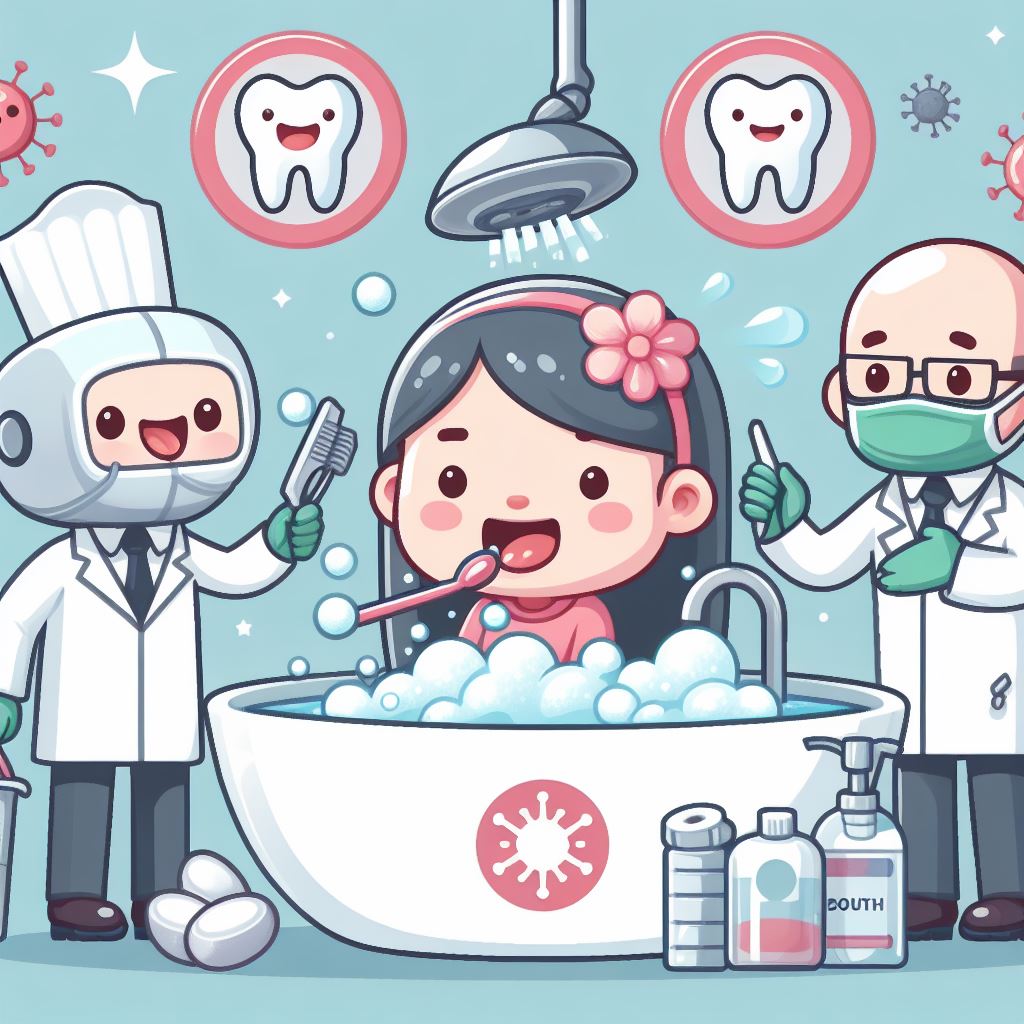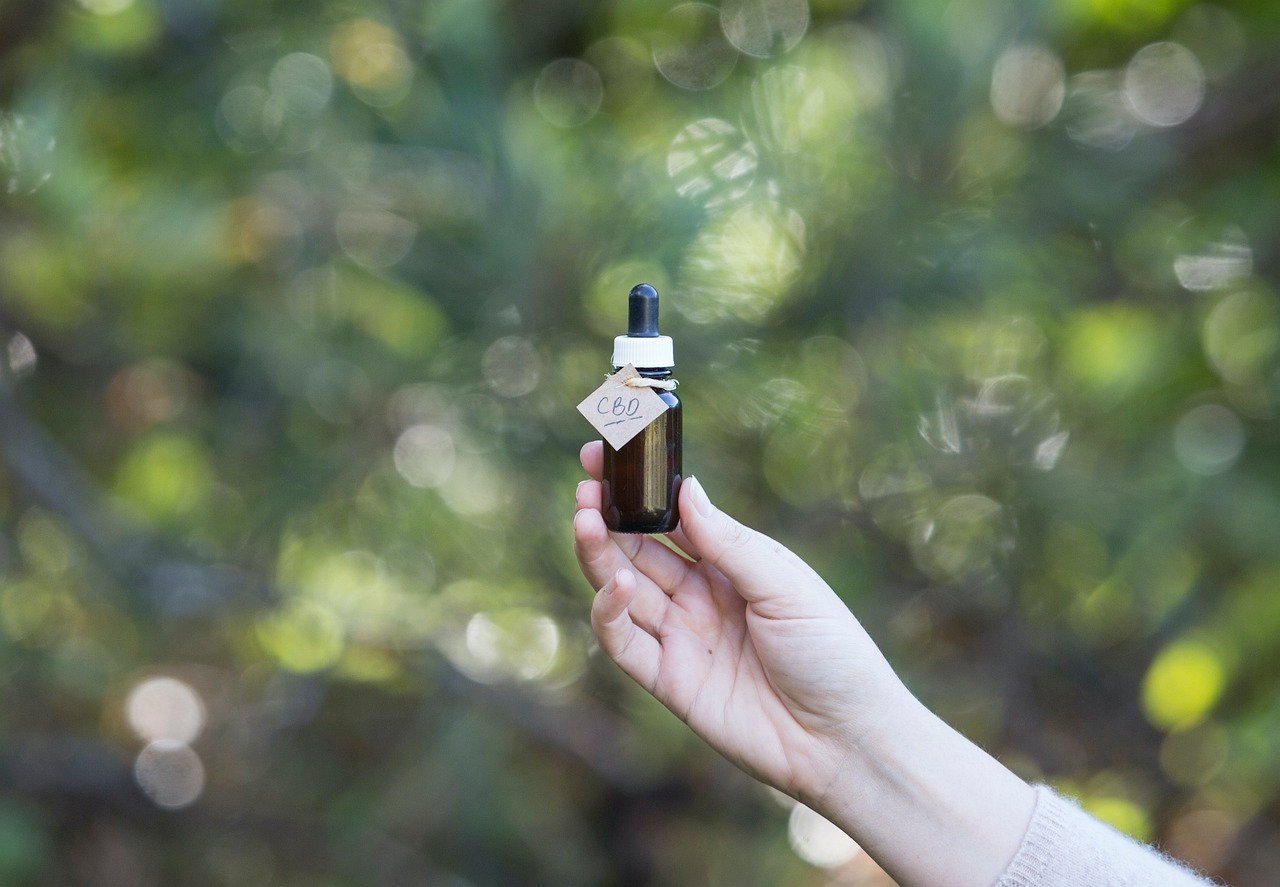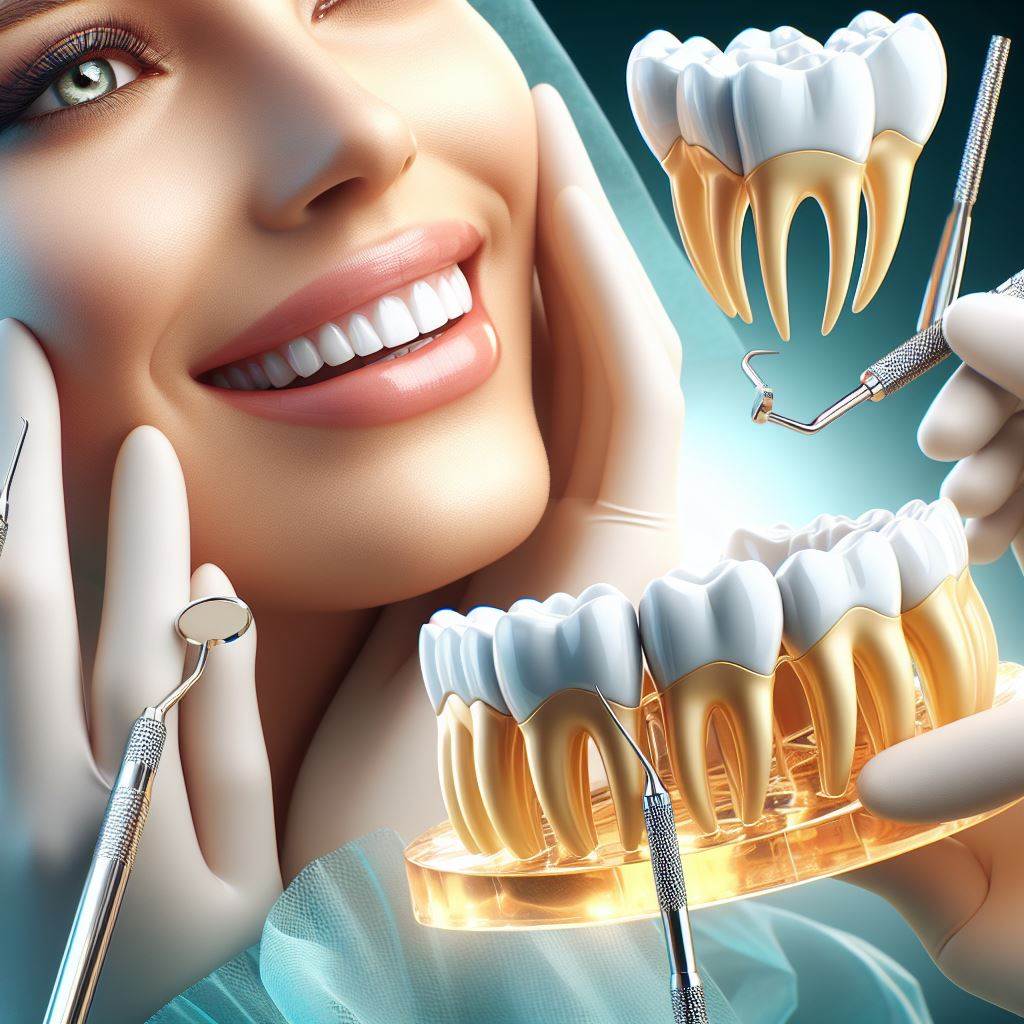Maintaining good oral hygiene is essential for overall health and well-being. While many of us are familiar with the basics of dental care – brushing, flossing, and regular check-ups – there might be a surprising addition to the arsenal of oral health tools: soap. Yes, you read that right – washing your mouth out with soap could be a game-changer in the quest for optimal dental hygiene. In this article, we will explore the unconventional approach of using soap for oral care, along with the tried-and-true methods that keep our teeth and gums in top-notch condition.
The Basics of Oral Hygiene
Before delving into the soap solution, it’s crucial to understand the fundamentals of oral hygiene. Brushing your teeth twice a day, flossing regularly, and maintaining a healthy diet are cornerstones of a sound dental care routine. These practices help remove plaque, bacteria, and food particles that can lead to cavities, gum disease, and other oral health issues.
Check-Ups: The Best Way to Stay on Top
While daily habits are vital, routine dental check-ups play a pivotal role in preventing and addressing oral health concerns. Dental professionals recommend regular visits every six months to monitor the condition of your teeth and gums. These check-ups are not just about cleaning your teeth; they also involve a thorough examination of your oral health.
During a dental check-up, your dentist will inspect for signs of cavities, gum disease, oral cancer, and other potential issues. X-rays may be taken to identify problems not visible to the naked eye. Professional cleanings are also performed to remove stubborn plaque and tartar buildup, contributing to a healthier and brighter smile.
Check-ups serve as a proactive measure, allowing dentists to catch problems in their early stages when they are more manageable and less expensive to treat. Prevention is key, and regular check-ups are the best way to stay on top of your oral health.
Teeth and Gums Encounter More Hazards from Poor Oral Health
It’s not just about the daily grind of eating and drinking; our teeth and gums encounter a myriad of hazards when oral health is neglected. Poor oral hygiene can lead to a range of issues, each with its own set of consequences.
1. Cavities: The most common oral health woe, cavities are caused by the buildup of plaque – a sticky film of bacteria – that produces acid, eroding the tooth enamel. Regular brushing and flossing help remove plaque, but without proper care, cavities can form, leading to pain and discomfort.
2. Gum Disease: Also known as periodontal disease, gum disease is an infection of the tissues that surround and support the teeth. Gingivitis, the early stage of gum disease, causes redness and swelling of the gums. If left untreated, it can progress to periodontitis, resulting in tooth loss and other complications.
3. Bad Breath (Halitosis): Poor oral hygiene can lead to persistent bad breath, affecting not only your confidence but also your social interactions. Bacteria in the mouth produce sulfur compounds, contributing to unpleasant odors.
4. Tooth Sensitivity: When the protective enamel on your teeth wears down, it can lead to increased sensitivity to hot, cold, or sweet foods and drinks. This sensitivity can range from mild discomfort to severe pain.
5. Oral Cancer: Neglecting oral health may contribute to the development of oral cancer. Regular dental check-ups are crucial for early detection, improving the chances of successful treatment.
The Soap Solution
Now, let’s explore the unconventional idea of using soap for oral hygiene. While the idea might raise eyebrows, some studies suggest that certain soap formulations can be effective in reducing harmful bacteria in the mouth. The key lies in choosing the right type of soap and using it judiciously.
1. Choosing the Right Soap: Not all soaps are suitable for oral use. Opt for mild, fragrance-free, and natural soaps without harsh chemicals. Look for soaps that are free of additives and designed for sensitive skin. Avoid using antibacterial soaps, as they may disrupt the balance of oral bacteria.
2. How to Use Soap for Oral Hygiene: The idea is not to replace traditional oral care practices but to complement them. Wet your toothbrush, swipe it across the soap, and then brush your teeth as you normally would. Be sure to thoroughly rinse your mouth afterward to remove any soap residue.
3. Benefits of Using Soap: Advocates of using soap for oral hygiene claim that it can help reduce the bacterial load in the mouth, contributing to fresher breath and a cleaner feeling. However, more research is needed to establish the long-term safety and efficacy of this practice.
In the quest for optimal dental hygiene, it’s essential to explore various methods and find what works best for you. While the idea of washing your mouth out with soap might seem unconventional, it’s crucial to prioritize proven methods such as regular check-ups, brushing, flossing, and maintaining a healthy diet.
Check-ups are the best way to stay on top of your oral health, allowing dentists to catch issues early and provide timely interventions. Neglecting oral hygiene can expose your teeth and gums encounter more hazards from poor oral health.
As we consider innovative approaches like using soap for oral care, it’s important to approach them with an open mind and consult with dental professionals for guidance. Ultimately, the key to a healthy smile lies in a balanced combination of traditional and emerging oral hygiene practices. So, the next time you think about washing your mouth out with soap, remember that your dentist’s check-up is the tried-and-true method to keep your oral health in check.



